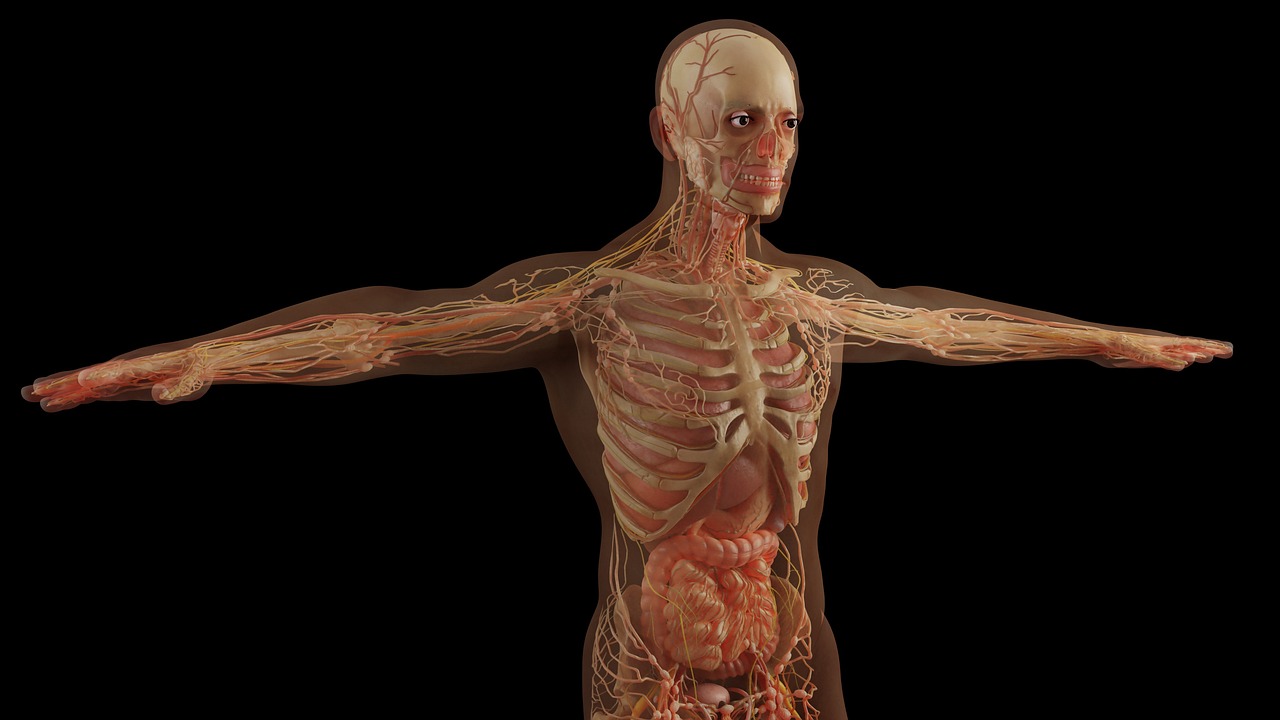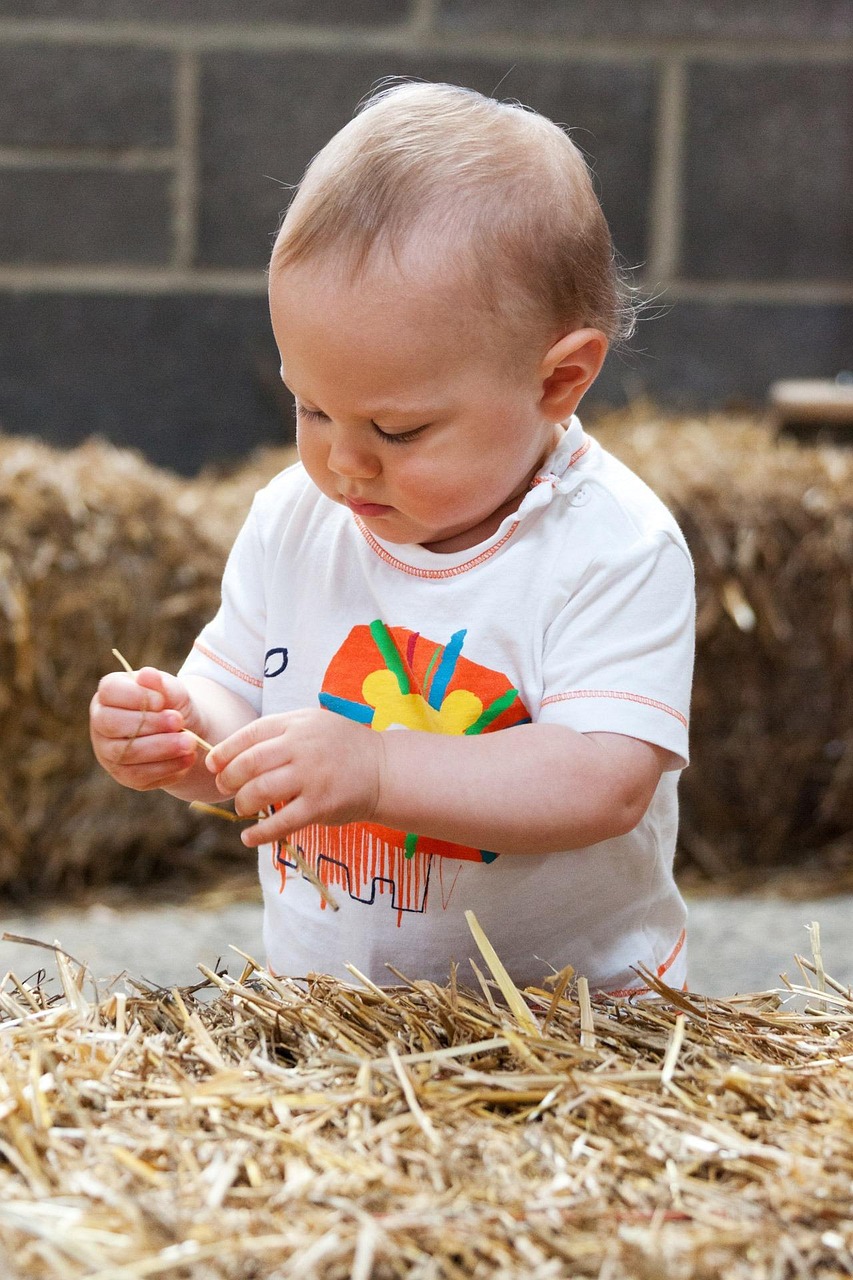Hiking is more than just a great way to enjoy the outdoors—it’s a scientifically proven activity that benefits both your body and mind. From strengthening muscles to reducing stress, spending time on the trails enhances your overall well-being in ways you might not expect.
Whether you’re a casual walker or an avid adventurer, the mental and physical benefits of hiking can transform your health, boost cognitive function, and even improve emotional resilience. Let’s take a closer look at the science behind why hitting the trails is one of the best things you can do for yourself.
1. Hiking Strengthens Your Body
Unlike walking on a treadmill or paved road, hiking engages a wider range of muscles and forces your body to adapt to varying terrain.
Physical Benefits of Hiking:
💪 Improves Cardiovascular Health – Hiking gets your heart pumping, helping to reduce the risk of heart disease, high blood pressure, and stroke.
🏋️ Strengthens Muscles & Joints – Uphill climbs work your legs, glutes, and core, while downhill descents improve balance and stability.
🔥 Burns Calories & Aids Weight Loss – A moderate hike can burn 400–700 calories per hour, depending on elevation and intensity.
⚡ Boosts Stamina & Endurance – The more you hike, the more efficiently your body uses oxygen, increasing lung capacity and overall endurance.
💡 Pro Tip: If you want to build strength, try hiking with a backpack for extra resistance.
2. Hiking is a Natural Stress Reliever
Nature has a profound impact on mental health, and hiking allows you to disconnect from daily stressors and focus on the present moment.
How Hiking Reduces Stress & Anxiety:
🌿 Lowers Cortisol Levels – Studies show that being in nature reduces cortisol, the stress hormone, helping to calm your nervous system.
🧠 Promotes Mindfulness – Walking through a forest, listening to birds, and feeling fresh air helps clear your mind and improve focus.
😌 Releases Endorphins – Physical activity triggers endorphins, also known as “feel-good” hormones, which help combat anxiety and depression.
🛌 Enhances Sleep Quality – Exposure to natural light during a hike helps regulate your circadian rhythm, making it easier to fall and stay asleep.
💡 Pro Tip: Try forest bathing (Shinrin-yoku), a Japanese practice of immersing yourself in nature to experience deep relaxation and mental clarity.
3. Hiking Boosts Brain Function & Creativity
Hiking isn’t just good for your body—it enhances cognitive function, making you sharper, more creative, and better at problem-solving.
How Hiking Benefits the Brain:
🧠 Increases Blood Flow to the Brain – Hiking improves circulation, delivering more oxygen and nutrients that support brain function.
💡 Enhances Creativity & Problem-Solving – Studies show that spending time outdoors boosts creative thinking by 50%.
📉 Reduces Mental Fatigue – Nature provides a “restorative effect”, helping to recharge your cognitive abilities.
📝 Improves Memory & Concentration – Walking in nature strengthens neural pathways, improving memory retention and learning capabilities.
💡 Pro Tip: Need a mental refresh? Take a break from screens and go for a short hike to clear your thoughts and boost productivity.
4. Hiking Strengthens Emotional Resilience
Spending time on the trail can help you build confidence, mental toughness, and emotional resilience in ways you may not expect.
How Hiking Improves Emotional Well-Being:
🔥 Teaches Perseverance – Pushing through challenging terrain builds mental grit and self-discipline.
❤️ Boosts Self-Esteem – Completing a tough hike gives you a sense of accomplishment, reinforcing self-worth.
👫 Strengthens Social Bonds – Hiking with friends or joining a group improves social connections and mental well-being.
🌞 Exposure to Sunlight & Vitamin D – Natural sunlight boosts mood, energy levels, and immune function.
💡 Pro Tip: Struggling with anxiety or negative thoughts? Hiking solo or journaling in nature can provide clarity and emotional healing.
5. Hiking Supports Longevity & Disease Prevention
Regular physical activity is linked to a longer lifespan and lower risk of chronic illnesses. Hiking provides a full-body workout while reducing the risk of several diseases.
Health Benefits of Hiking Over Time:
🩸 Lowers Risk of Heart Disease – Keeps blood pressure and cholesterol in check.
🦴 Strengthens Bones & Reduces Osteoporosis Risk – Weight-bearing activity increases bone density.
🧬 Delays Cognitive Decline – Lowers the risk of Alzheimer’s and dementia by keeping the brain active.
🩺 Improves Blood Sugar Control – Helps regulate insulin and prevent diabetes.
💡 Pro Tip: Make hiking a habit—even short, frequent hikes have long-term health benefits.
6. Hiking Connects You to Nature & Sustainability
Being in nature encourages environmental appreciation and a deeper connection with the planet.
Why Hiking is Good for the Earth & Your Well-Being:
🌍 Promotes Eco-Friendly Practices – Encourages Leave No Trace principles and conservation efforts.
🧘 Inspires Gratitude & Mindfulness – Helps you appreciate the beauty and serenity of the natural world.
🚶♂️ Encourages Sustainable Travel – Hiking is a low-impact way to explore different landscapes and cultures.
💡 Pro Tip: Support local conservation groups or volunteer for trail clean-up projects to give back to nature.
Conclusion: Step Outside & Reap the Benefits
Hiking isn’t just a recreational activity—it’s a science-backed way to improve physical health, mental clarity, and emotional resilience. Whether you’re tackling a rugged mountain trail or taking a gentle walk through the woods, the benefits of hiking are undeniable and long-lasting.
🌿 Ready to hit the trail? Share your favorite hiking experiences in the comments below, and subscribe for more tips on adventure and outdoor wellness!




Leave a Reply